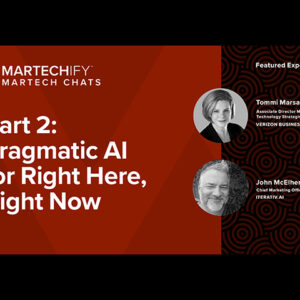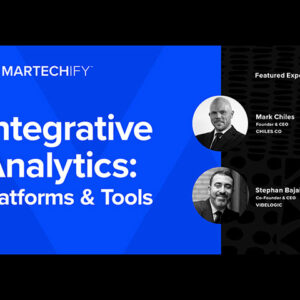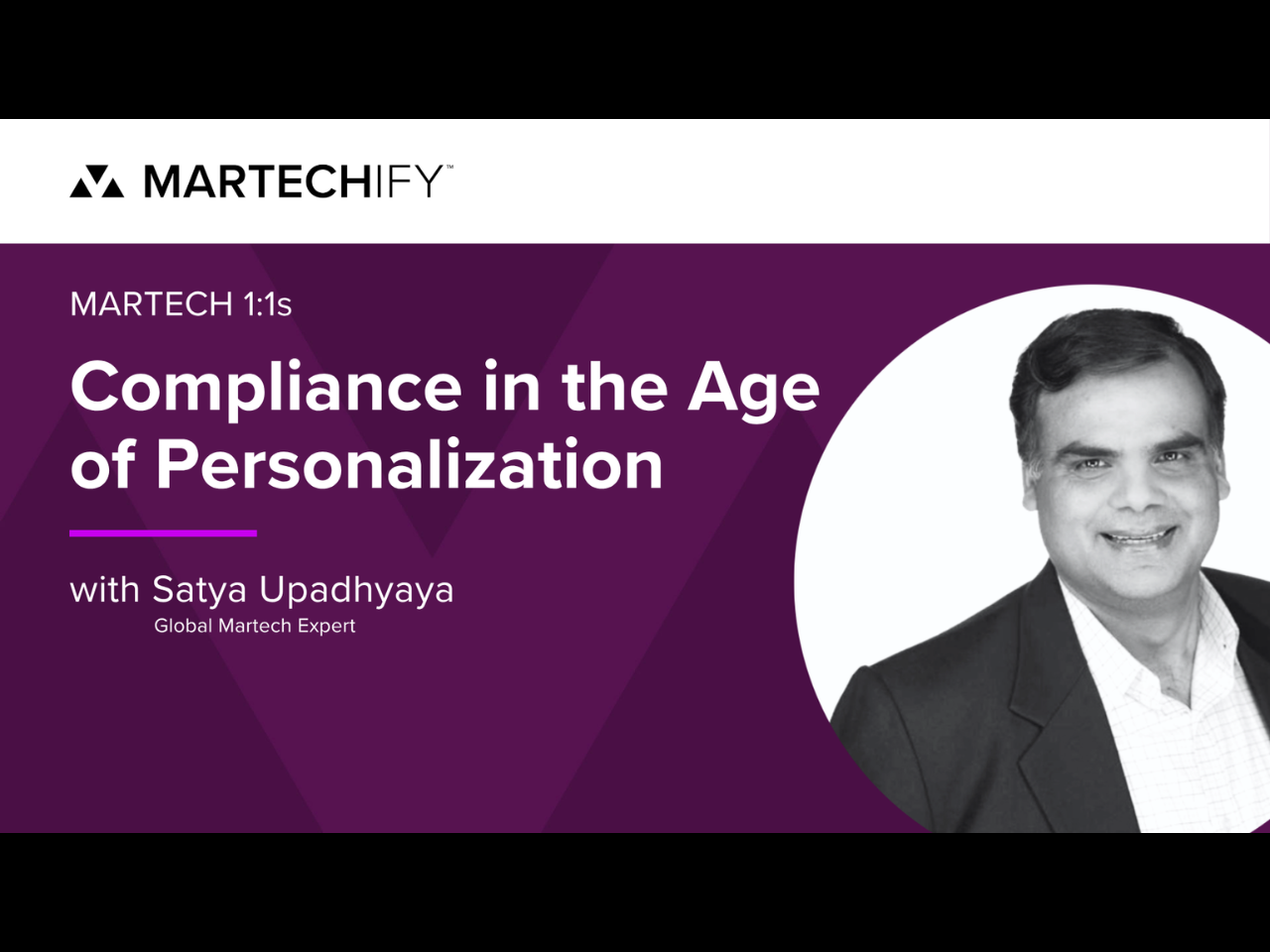Exploring the Transformative Power of AI in Marketing Technology
In today’s rapidly evolving digital landscape, the integration of artificial intelligence (AI) has become a transformative force within the marketing technology (martech) industry. AI’s ability to analyze vast amounts of data, automate processes, and provide actionable insights is revolutionizing how businesses engage with their audiences and optimize marketing strategies.
Advanced data analytics with AI
One significant way AI is reshaping martech is through its advanced data analytics capabilities. AI-powered tools can sift through massive datasets in real-time, extracting valuable patterns and trends that human analysts might overlook. This data-driven approach enables marketers to make informed decisions, personalize customer experiences, and predict future trends with greater accuracy.
AI-driven data analytics empower marketers to gain deep insights into customer behavior, preferences, and market trends. By analyzing large datasets quickly and accurately, AI enables businesses to identify emerging opportunities, optimize marketing strategies, and drive revenue growth. Additionally, AI algorithms can uncover hidden patterns and correlations within data, providing valuable insights that guide decision-making and improve campaign performance.
Automating marketing processes
Moreover, AI is streamlining various marketing processes by automating repetitive tasks and workflows. From email marketing campaigns to social media management, AI algorithms can handle routine operations with speed and accuracy. This automation not only saves time and resources but also enhances campaign performance by ensuring consistent and timely execution.
AI-driven automation in martech extends beyond basic tasks to encompass complex processes such as content personalization, lead scoring, and campaign optimization. By leveraging AI-powered tools, marketers can deliver targeted content to specific audience segments, prioritize leads based on likelihood to convert, and fine-tune marketing campaigns in real-time for optimal results. This level of automation boosts efficiency, improves ROI, and enables marketers to focus on strategic initiatives that drive business growth.
Hyper-targeted marketing with AI
Another area where AI is making a profound impact is in customer segmentation and targeting. By leveraging AI algorithms, marketers can create highly specific customer segments based on demographics, behavior, and preferences. This level of granularity allows for hyper-targeted marketing campaigns that resonate with individual customers, leading to higher engagement and conversion rates.
AI-driven hyper-targeting enables marketers to deliver personalized experiences at scale, increasing relevance and engagement across digital channels. By analyzing customer data and interactions, AI algorithms can identify unique preferences and deliver tailored content, offers, and recommendations to each individual. This personalized approach not only enhances customer satisfaction but also drives loyalty and advocacy, ultimately contributing to long-term business success.
Predictive insights for strategic planning
Furthermore, AI-powered predictive analytics are revolutionizing marketing forecasting and planning. By analyzing historical data and market trends, AI can generate accurate predictions about future customer behavior and market dynamics. This foresight enables marketers to anticipate shifts in demand, adjust strategies proactively, and capitalize on emerging opportunities.
AI-driven predictive insights empower marketers to make data-driven decisions with confidence, reducing risks and maximizing returns on marketing investments. By forecasting customer needs, preferences, and trends, AI enables businesses to stay ahead of the competition, identify growth opportunities, and drive innovation. This strategic use of AI in martech not only improves decision-making but also fosters agility and resilience in an ever-changing business environment.
The evolving impact of AI on martech
In conclusion, AI’s integration into martech is driving unprecedented innovation and efficiency across the industry. From data analytics to automation, hyper-targeted marketing, and predictive insights, AI is empowering marketers to unlock new levels of performance and deliver personalized experiences that resonate with modern consumers. As AI continues to evolve, its impact on martech will only grow, shaping the future of marketing in profound ways. Embracing AI-driven technologies is essential for businesses looking to stay competitive and thrive in the dynamic digital landscape of tomorrow.
Sources
- Understanding the Transformative Power of Artificial Intelligence – linkedIn
- Georgia Tech Experts Weigh in on the Transformative Power of AI – Georgia Tech
- The transformative power of artificial intelligence – Strategy&
- Grasping the Transformative Power of AI – IFT – Brain Food













